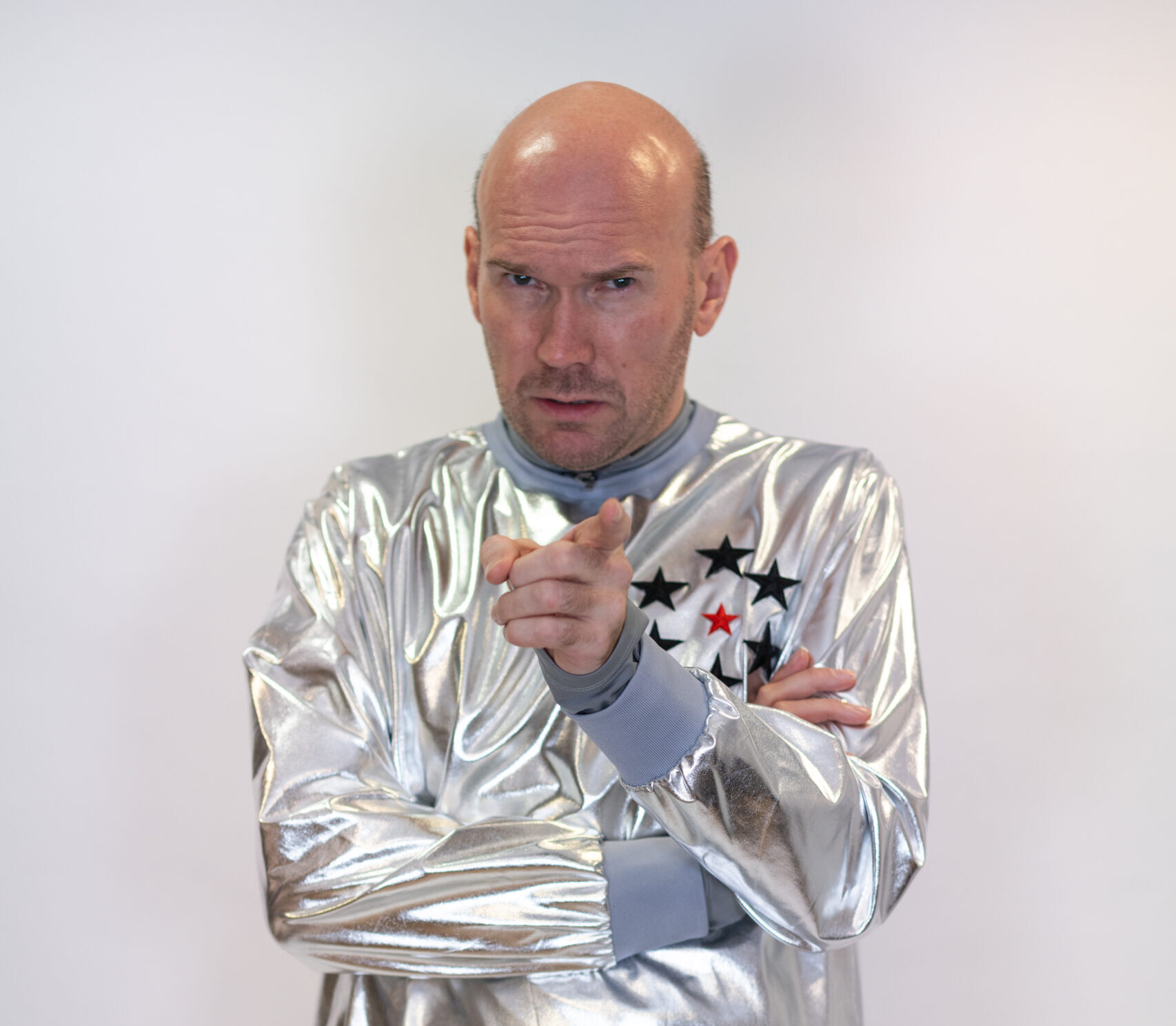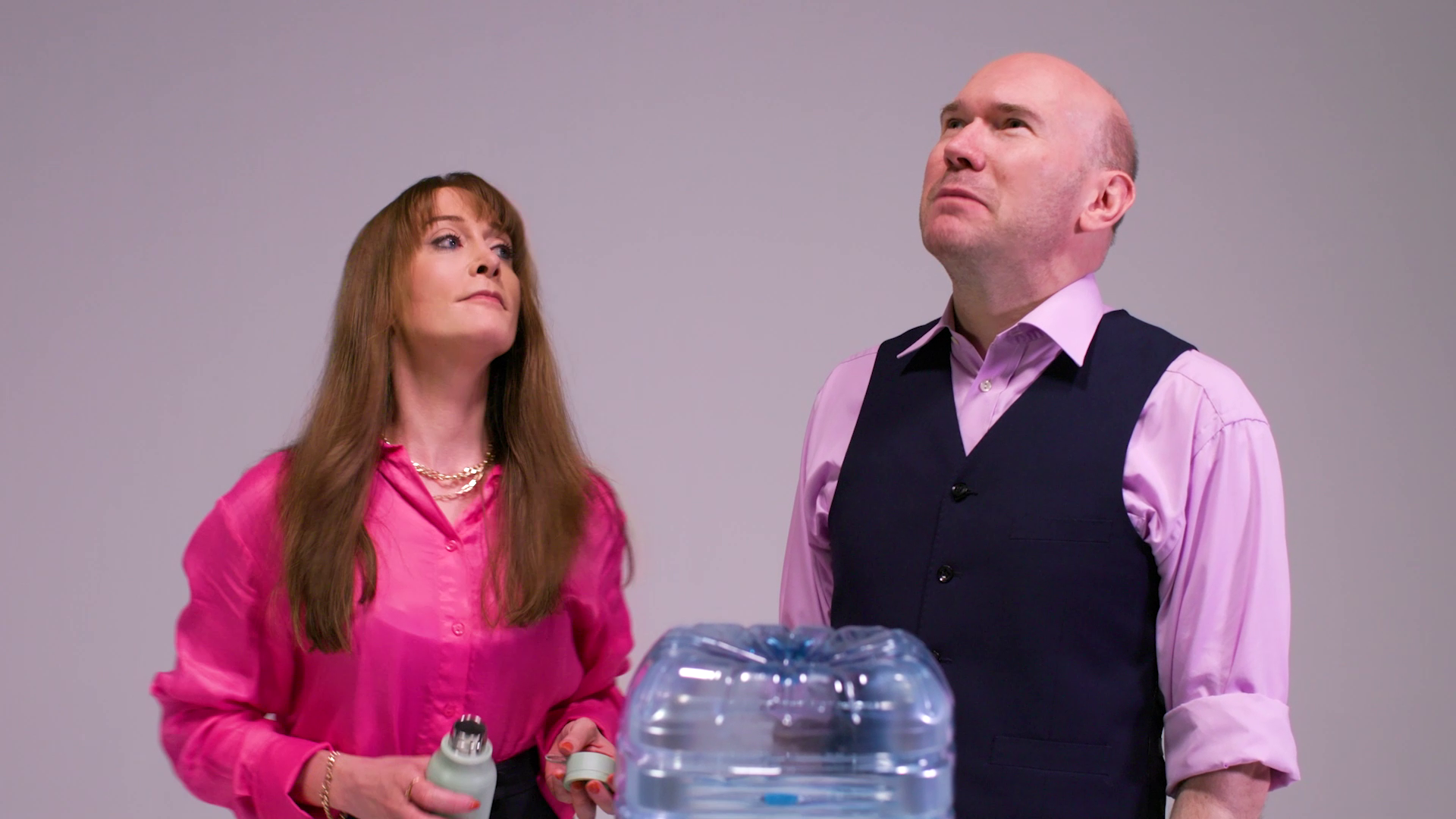The first thing we need to do if we’re going to deliver on that title is define what we mean when we talk about soft skills because, if we’re being totally honest, the term isn’t always clear. Let’s check in with our friends at the CIPD:
“…think about those skills which enable individuals to work together in organisations: teamwork, communication, listening, problem solving. We’re talking about some of the really fundamental human capabilities that are very difficult to make out and are becoming increasingly important.”1
We’d love to get through an article without mentioning the ‘new normal’ (sorry!) but the reality is the pandemic has brought these traits into sharp focus. The idea of working together has never been put to the test like it was when we couldn’t even meet in the same building; any missteps in body language were exacerbated by the unapologetic gaze of a low-res webcam.
Before we go any further, and because we suspect we can predict the counter-argument, we’d also like to address the misconception that there is no hard evidence for the benefits of soft skills to the work environment. A 2013 study with a similar title actually concluded that “soft skills predict success in life.”2 And if that doesn’t convince you, a 2017 MIT Sloan study showed:
“…soft skills training returned roughly 250 percent on investment within eight months of its conclusion.”3
Probably time we got into this.
Is it fair to call them ‘soft’ skills?
Erm… no, not really.
The term soft skills is problematic because it makes them sound like a nice-to-have and not a need-to-have. It also places traits like being a good listener in direct opposition with more tangible (and coveted) hard skills such as technical knowledge and qualifications. You know, the ones that you tend to put up high on your CV.
Hard skills sound hard to acquire. They sound like a reason to take out a student loan. They sound like a source of pride. In this binary, anything soft sounds like a weakness that ought to be suppressed.
The term soft skills undermines the enormous value of these traits — and any attempt to address the fact that they are actually infinitely harder to develop because nobody really teaches them. This would be an oversight at the best of times but the rise of the hybrid workplace has accelerated the need to address this imbalance.
We should also highlight that, while hard skills might appear more durable, it’s actually the other way around. For one, soft skills have the benefit of being transferable skills. Hard skills are less likely to withstand the test of time and upgrades, and are entirely dependent on the likes of:
- Legislation
- Technology
- Compliance
- Emerging best practice
In simpler terms, there’s little point to having all the technical skill qualifications LinkedIn can certify if you’re not able to back them up with traits like great time management, smooth conflict resolution, and a killer work ethic. To clarify, this doesn’t mean that one is necessarily better than the other. We know that the best case scenario for a workplace is one that champions both soft skills and hard skills.
If you’re still on the fence about all this then we’d also like to remind you that, as automation increases in sophistication, the most desirable skills within the workforce are likely to change. As tech entrepreneur Mark Cuban said in 2017:
“In 10 years, a liberal arts degree in philosophy will be worth more than a traditional programming degree.”4
In the same year, Deloitte predicted soft skill-intensive occupations will account for two-thirds of all jobs by 2030.5
Suggested reading: Want to know more about how to tackle the issue? Check out this article on soft skills training topics.
So why the ‘human skills’ rebrand?
Plenty of bright minds have attempted to coin a more acceptable identifier for the traits that help us work better together. The CIPD often refers to them as ‘essential skills’.6 Our friends across the pond, including President of Dartmouth College Philip J. Hanlon, tend to prefer the term ‘power skills’.7 One alternative that has been gaining traction is ‘human skills’ and, well, we can see the sense in it.
This term emphasises that these traits are integral to the human condition (communication, collaboration, resilience et al.). They’re what bring us together in life and in business — and what set us apart in that endeavour.
They don’t just make the day bearable (well, they also do that). They’re synonymous with interpersonal skills. They inspire and support the work environment; they reside at the heart of team building and bonding. A ‘soft’ trait can’t engage anyone. A ‘human’ trait can unite everyone.
Okay, so we can almost hear the cynics snorting in disapproval at such an emotive argument. Which is why it’s worth highlighting that the term also better represents the commercial value of these skills. It’s not just company culture that will benefit from more robust and deeper connections. It’s clients and customers, too. The same 2017 Deloitte study referenced above also showed a workforce rich with human skills could boost revenue by $90,000. 8
Automation may be on the rise but the workforce is human. Calling them ‘human skills’ acknowledges the importance of encouraging personality traits that power that very workforce to be at its best.
Get your workplace up to speed on human skills
We’ve attempted to illustrate why businesses need to reconsider the way they describe — and the importance they attribute to — these skills. However, we also appreciate that this information in isolation isn’t all that useful. So this is the part in the article where we connect the problem at hand with the service we offer.
We can help you make the transition from ‘soft’ to ‘human’ in your learning content in one of two ways:
- Work together to create all-new, bespoke learning materials
- Provide access to our extensive library of customisable, pre-made content that can be introduced into your existing setup (also known as iFrames)
We’re confident enough in our ability to say that, regardless of which path you choose, you will be mightily impressed with the outcome. However, and in the interests of full disclosure, we should add that the second option is quite a bit easier on your resources. We’re constantly updating our library so materials remain current. Outraged learners won’t be venting on social media because content is dangerously dated.
What’s more, all our videos are professional-grade and populated with some of the most recognisable faces in British comedy. No, seriously. Everyone in your organisation will be buzzing at the sight of them and you can trust us when we say humour does wonders for engagement.
Suggested reading: Don’t feel ready to trust us? Fair enough. Check out this article on the secret to learner engagement.
All that’s left for us to say is that you should book a trial with us if you want to know more. Given how seriously we take promoting why human skills are important, you can expect our interactions to be cordial.
1 Leading from the heart: making an impact through soft skills | Podcast | CIPD
2 Hard evidence on soft skills | Labour Economics
3 Soft skills training brings substantial returns on investment | MIT Sloan
4 Mark Cuban: Philosophy degree will be worth more than computer science | CNBC
5 Premium skills: The wage premium associated with human skills | Deloitte
6 Essential skills | CIPD Viewpoint
7 Data Reveals Why The ‘Soft’ In ‘Soft Skills’ Is A Major Misnomer | Forbes
8 Premium skills: The wage premium associated with human skills | Deloitte





